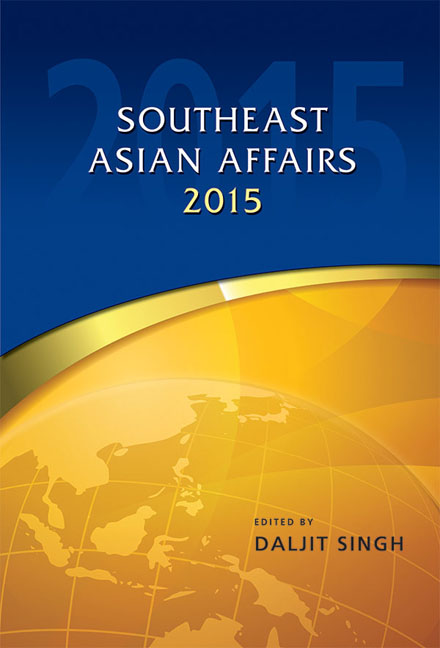Laos: The Dangers of Developmentalism?
from LAOS
Published online by Cambridge University Press: 19 May 2017
Summary
Developmentalism in Laos
The sub-regions of Northeast Asia and Southeast Asia have seen many development success stories. Often, however, East Asian countries have prioritized economic development over social or political development. While this “econophoria” —whereby the solution of all society's ills is sought through economic development — has contributed to remarkable patterns of economic growth, it has also seen the rise in importance of challenges to human security in both absolute and relative terms. Kenneth Christie and Denny Roy also highlight the prioritization of macroeconomic development, noting that it “has assumed cult-like status” in East Asia. Thus it is not surprising that Laos has followed the well-trodden path of developmentalism.
For the Lao People's Democratic Republic (PDR), the graduation from least developed country status has been an overarching goal. To this end, the government has emulated the strategies of its Communist allies such as China, by implementing National Socio-economic Development Plans (the first in 1976, the seventh for the years 2011–15) which sought to strike a balance between economic and social development. Laos has also derived inspiration from non-Communist regional economic powerhouses such as Japan, South Korea, and Taiwan, looking to develop its way out of post-conflict poverty. Finally, Laos has looked to neo-liberal growth models, and sought to integrate ever more closely into the regional and global economic regimes. A notable example has been Laos’ membership into the World Trade Organization (WTO) on 2 February 2013, achieved after fifteen years of long, arduous negotiation. These divergent sources of inspiration, as they have been actualized in Lao PDR, have in common the primacy of state driven, macroeconomic infrastructure projects.
Natural resources such as forestry, agricultural land, and hydropower comprise more than half of Laos’ total wealth and generate approximately one third of economic growth. Despite such natural resource wealth, and its steady exploitation by the government, Laos remains on the list of least developed countries (LDCs) prepared by the United Nations Conference on Trade and Development (UNCTAD). To graduate from LDC status by 2020, the government in 2011 proposed the seventh five-year economic plan, which aims to achieve a growth rate of at least 8 per cent each year.
- Type
- Chapter
- Information
- Southeast Asian Affairs 2015 , pp. 167 - 186Publisher: ISEAS–Yusof Ishak InstitutePrint publication year: 2015



